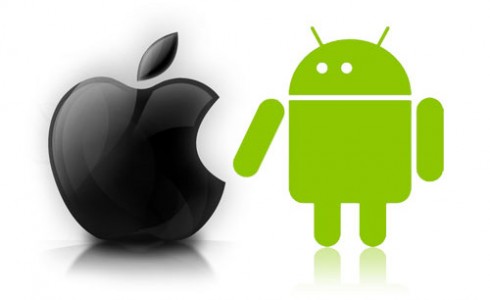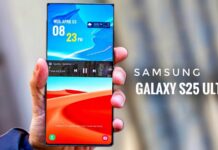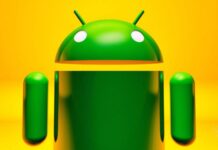I saw one this morning video in which the Asus Eee Pad Transformer Prime tablet was tested, the first quad-core tablet running Android OS, and I found with surprise that, unfortunately, Android still lags in certain applications. We're talking about a quad-core tablet that runs Android 3.2 and goes bad. Applications open as quickly as in iOS, pages load just as quickly, but when it comes to navigating through the page, all the fun is ruined. It seems that the problems with this lag in Android are related to the way the operating system is built according to a former Google employee, they will never be resolved.
His explanations are mostly technical, but simplifying everything, Android is not as well thought out and optimized as iOS, Windows Phone or BlackBerry OS. It all starts with the lag in the menus because Android does not give priority to rendering images as iOS does, so in Android the priority is to fulfill the function that the application does and not to scroll, zoom or record a button press button. In addition to all this, there is also a limitation of some menus to 30 fps, and as an example, the Photos application is given, where a framerate of 60 fps would have provided a terrible user experience, please, worse than the one now.
Capping the frame rate at 30 fixes the hiccup problem at the expense of buttery smooth animations at all times. On iOS, each UI view is rendered separately and stored in memory, so many animations only require the GPU to recompose UI views. GPUs are extremely good at this. Unfortunately, on Android, the UI hierarchy is flattened before rendering, so animations require every animating section of the screen to be redrawn.
Unfortunately, Android is also limited by the hardware implemented in some chips, such as Nvidia Tegra 2, where the memory bandwidth is small and insufficient to render the UIs without problems. Basically, Android was thought of as an operating system for phones without a touchscreen, and the transition to touchscreen phones doesn't seem to have been that complete. The former employee claims that Android will never be as fluid as iOS, BlackBerry OS or Windows Phone because the way it manages resources prevents it from offering at least a similar experience.

















